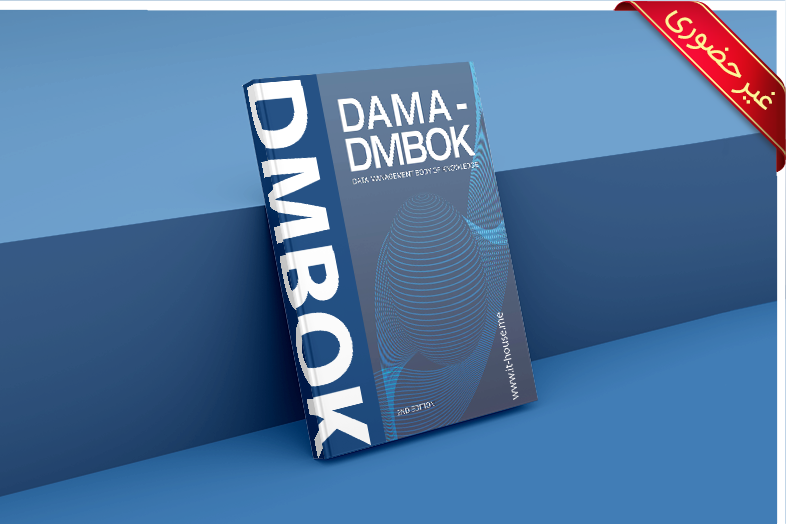شرکت دوره
به منظور ارسال درخواست ثبتنام، لطفا فرم زیر را با دقت تکمیل نمایید.
همکاران ما در اسرع وقت با شما تماس خواهند گرفت.


در دنیای دیجیتال امروزی داده “DATA” یکی از کلیدی ترین دارایی های هر سازمانی است. داده “DATA” و اطلاعات “Information” درک درستی از وضعیت مشتریان، محصولات و خدمات برای سازمان های ایجاد می نمایند و به سازمان ها کمک می نمایند تا نوآور شده و هر چه بیشتر اهداف استراتژیک خود را برنامه ریزی و اجرا نمایند. تعداد کمی از سازمان ها از داده های خود به عنوان یک دارایی کلیدی، خلق ارزش می نمایند. مدیریت داده “DATA Management” مفهومی است که با برنامه ریزی، سیاست گذاری و ساخت بهروش در ارائه، کنترل و نگهداری در طول چرخه ی عمر داده “LIFE CYCLE” منجر به خلق و دستیابی به ارزش ناشی از داده و اطلاعات در سازمان می گردد. این دوره ی آموزشی به اصول تعریف شده در چارچوب DMBOK V 2.0 که بخش های مختلف و وسیعی از فرآیند مدیریت اطلاعات همچون موارد اشاره شده در ذیل را شامل می شود، اشاره می نماید.
این دوره ی آموزشی به اصول تعریف شده در چارچوب DMBOK V 2.0 که بخش های مختلف و وسیعی از فرآیند مدیریت اطلاعات را شامل می شود اشاره می کند. همچنین در این دوره ی آموزشی سعی می شود روش ها و تکنیک های مورد نیاز برای تحلیل، بالغ سازی و پیاده سازی راهکارهای مدیریت اطلاعات در سازمان ها در محدوده ی موضوعات ذیل مورد اشاره و بررسی قرار گیرد.
پیش نیاز رسمی برای این دوره وجود ندارد اما شرکت کنندگان می توانند با دانش حداقلی در خصوص مفاهیم مدیریت داده و اطلاعات و یا اشنایی با مفاهیم COBIT، DSBOKحضور بهتری را در این دوره ی آموزشی تجربه نمایند
این دوره برای تمامی افرادی که نقشی در ارائه، کاربری و مدیریت اطلاعات دارند، جذاب است. این افراد شامل موارد ذیل هستند:
Introduction to the DMBoK
Data Governance
Data Quality Management
Master & Reference Data Management
Data Warehousing & BI Management
Data Modelling & Metadata Management
Data Integration & Architecture Management
Data Lifecycle Management
Data Risk Management, Security & Privacy
Regulatory Compliance
Data Management Tools & Repository
به شرکت کنندگان در این دوره ی آموزشی گواهی حضور از سوی شرکت IT HOUSE (NISICT) تحت اعتبار شرکت PECB کانادا اعطا خواهد شد.
محتوای مورد استفاده در این دوره ی آموزشی آخرین ویرایش از الگوها و استاندارهای ارائه شده توسط انجمن جهانی DAMA-DMBOK International آمریکا می باشد که دارای درجه کیفی مطلوب از این انجمن جهانی می باشد.
دکتر هومن تصدیقی
ندارد.
زمان باقیمانده جهت ثبتنام
آموزش، مشاوره و ارزیابی استانداردها، چارچوبها
و بهروشهای حوزه مدیریت فناوری اطلاعات
تمامی حقوق این سایت متعلق به شرکت راهکار نوآوران فرتاک (IT House) می باشد.
به منظور ارسال درخواست ثبتنام، لطفا فرم زیر را با دقت تکمیل نمایید.
همکاران ما در اسرع وقت با شما تماس خواهند گرفت.
